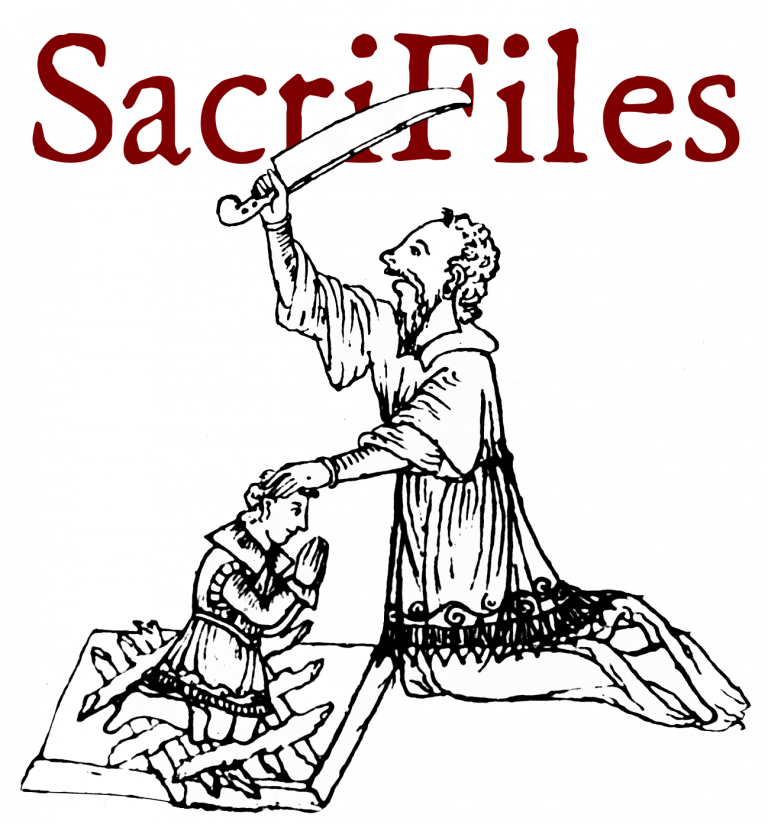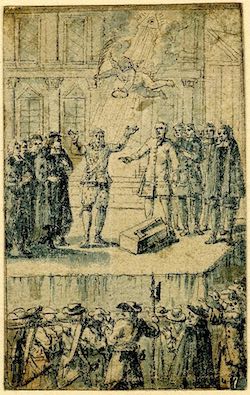Treur-toonneel der doorluchtige mannen ...
Treur-toonneel der doorluchtige mannen, of Op- en Ondergang der grooten, vertoont in rampzalige geschienissen van Keyzers, Koningen, Prinsen, Vorsten, en andere voorname personagien. Beginnende met het Roomsche Keizerryk, en vervolgende tot aan 't jaar 1698. Uit menigte van schryvers, en verscheidene taalen, by een gebracht door Lambert van den Bosch. Tweede deel, bevattende de derde en vierde afdeeling
Amsterdam: Jan ten Hoorn, 1698.
Topics:
3. Sacrifice and politics (16th-18th Century) 6. Sacrifices of self: Martyrology after Reformation (16th-18th Century)
3. Sacrifice and politics (16th-18th Century) 6. Sacrifices of self: Martyrology after Reformation (16th-18th Century)
Authority file: http://viaf.org/viaf/234258162
Edited by: Francesco Quatrini
Related Documents:
Cromwell's Conspiracy. A Tragy-Comedy, Relating to Our Latter Times. Beginning at the Death of King Charles the First, and Ending With the Happy Restauration of King Charles the Second
London: n.p., 1660.
Eikonoklaste, ou Réponse au livre intitulé Eikon Basilike: ou Le pourtrait de sa Sacrée Majesté durant sa solitude et ses souffrances. Par le sr. Jean Milton. Traduite de l'anglois sur la seconde et plus ample edition; et revûe par l'auteur. A laquelle son ajoûtées diverses piéces, mentionnées en ladite réponse, pour la plus grande commodité du lecteur
London: William Dugard; Nicolas Bourne, 1652.
The Famous Tragedie of King Charles I. Basely Butchered by Those Who Are, Omne nefas proni patare pudoris inanes crudeles, violenti, importunique tyranni mendaces, falsi, perversi, perfidiosi, faedifragi, falsis verbis infunda loquentes. In Which Is Included, The Several Combinations and Machinations That Brought That Incomparable Prince to the Block, the Overtures Hapning at the Famous Seige of Colchester, the Tragicall Fals of Sir Charls Lucas and Sir George Lisle, the Just Reward of the Leveller Rainsborough, Hamilton and Bailies Trecheries, in Delivering the Late Scottish Army Into the Hands of Cromwell, and the Designe the Rebels Have, to Destroy the Royal Posterity
n.p.: n.p., 1649.

